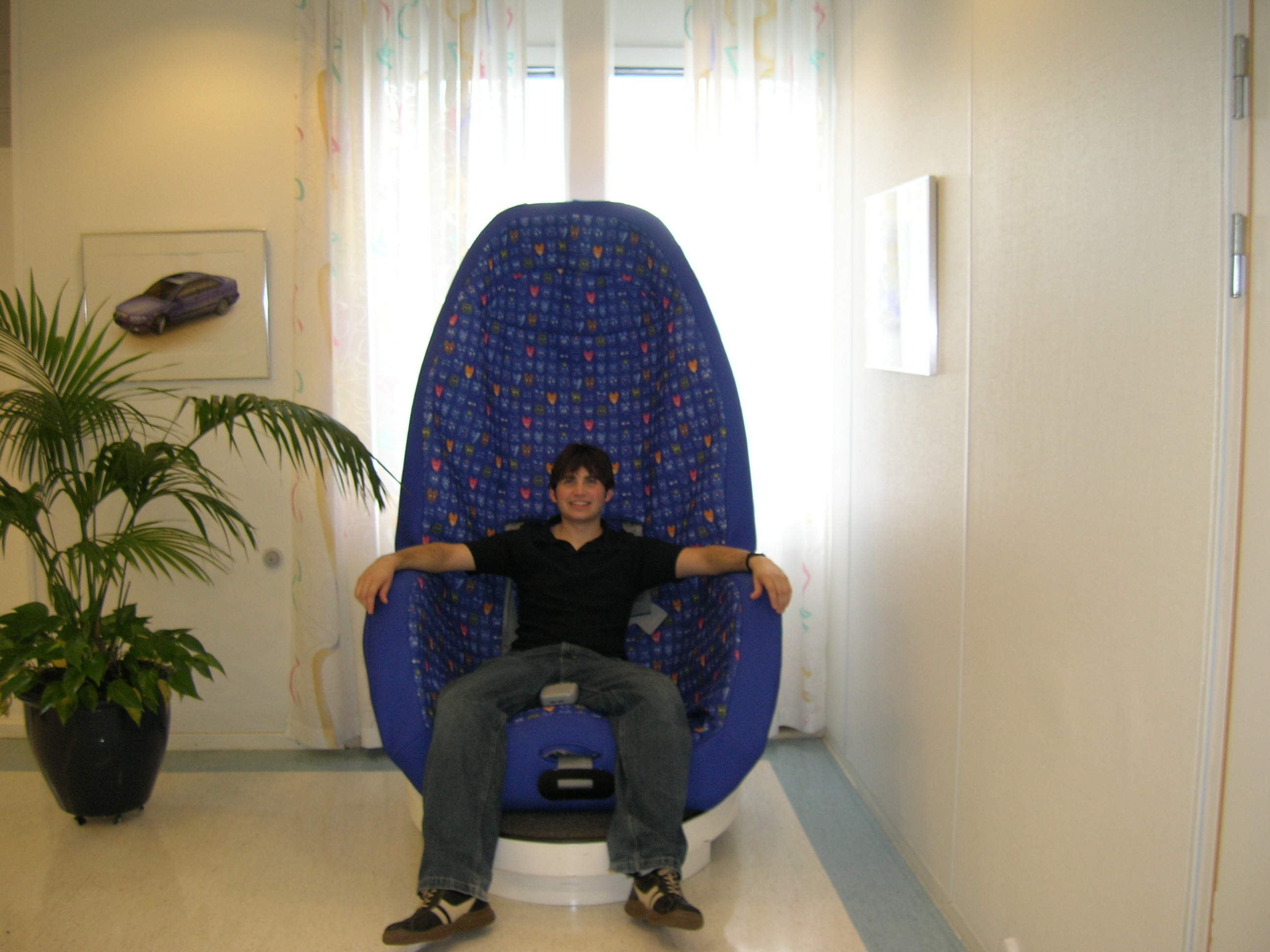
When Your Child Acts Much Younger

Dr. Carey Heller: Clinical Psychologist and founding partner of The Heller Psychology Group LLC in Bethesda, Maryland.
There is obviously great variability in maturity level of children and teens (and to some degree even adults). When you have a child or teen who acts much younger, or has issues such as ADHD that contribute to increased immaturity, parents often wonder how to parent their child. Specifically, they wonder whether to treat them as their chronological age or as the age that they present as.
To some degree, you have to parent your child based on where they are developmentally. For example, if you have a 15 year old boy who has trouble packing their own backpack, you need to assist them to some degree. And if your 15 year old is not responsible enough to take public transit independently, then you need to teach them how to do so, and not allow them if they have demonstrated a clear inability to do so (i.e., get lost, get into trouble with security).
However, at the same time, you shouldn’t fully parent a 15 year old as if they were 10, even if they present as if they were 10 years old in many ways. This can hinder their healthy development if you treat them as if they are much younger. Thus, with parenting children and teens who have difficulties that contribute to immaturity, it is important to parent them based on where they are developmentally while also taking into account what is age appropriate. If your child or teen is unable to participate in an age appropriate activity, it is important to work with them (and sometimes seek professional assistance), in order to teach your child/teen the skills necessary to safely and effectively participate in the activity.
Therefore, while you do have to parent children and teens based on where they are developmentally, it is very important to provide interventions in each domain of functioning that accurately match your child/teen’s level of development in that domain. Additionally, it is important to strive to allow children and teens to participate in age appropriate activities whenever possible and provide extra support as needed in order to make them successful in that activity.
In addition to regular blog updates, you can follow me through The Heller Psychology Group’s Social Media pages for daily postings of useful articles:
*Disclaimer: The previous information is intended as general guidance based on my professional opinion, does not constitute an established professional relationship, and should not replace the recommendations of a psychologist or other licensed professional with whom you initiate or maintain a professional relationship*


Engage us on Facebook
Follow us on Twitter
Tweets by @mymcmedia